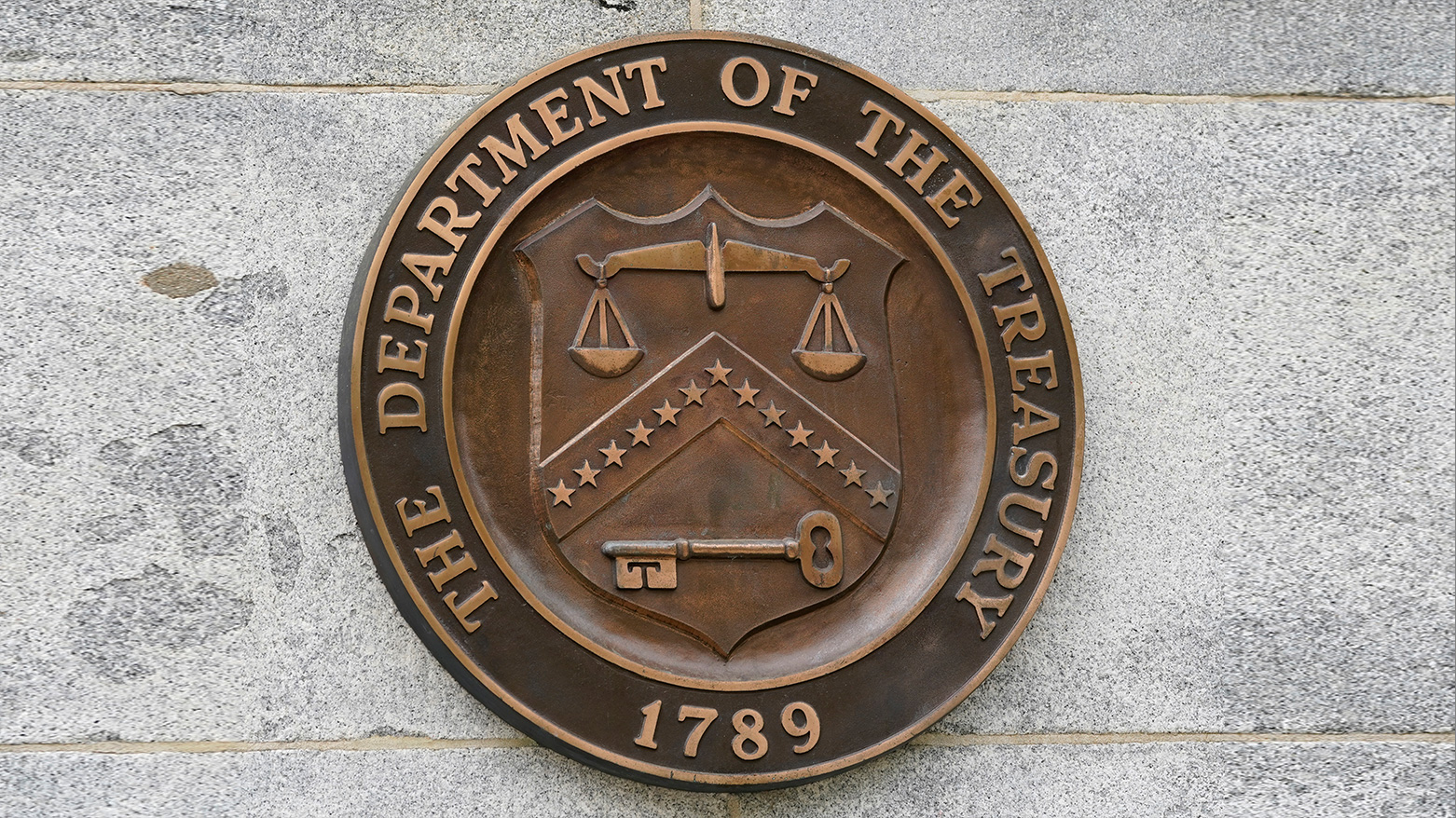US Imposes New Sanctions on Iran Oil Sales. as KRG Oil Exports Slated to Resume
“Iran continues to rely on a shadowy network of vessels, shippers, and brokers to facilitate its oil sales and fund its destabilizing activities,” the US Treasury Secretary said.

WASHINGTON DC, United States (Kurdistan 24) - On Monday, the Trump administration announced yet more sanctions on Iranian oil exports. The new sanctions are part of what the new administration calls its “maximum pressure campaign” on Iran.
Donald Trump pursued such a policy in his first term, and one of the first steps that he took in his second term—just two weeks after it began–was to renew that policy.
This has worked to the benefit of the Kurdistan Region. Oil sales by the Kurdistan Regional Government (KRG) were cut off in March 2023—under the Biden administration. However, any attempts by that administration to address the problem were ineffectual.
Yet KRG oil sales are now set to resume—as a result of Trump policy. As Reuters reported on Friday, the Trump “administration is piling pressure on Iraq to allow Kurdish oil exports to restart or face sanctions alongside Iran.”
“Reuters spoke to eight sources in Baghdad, Washington, and Erbil,” the news agency reported, and all “said that mounting pressure from the new U.S. administration was a key driver behind” a surprise announcement earlier that week from Iraq’s oil minister about the imminent resumption of Kurdish oil explorts.
Read More: U.S. Pressures Iraq to Resume Kurdish Oil Exports Amid Sanctions on Iran
Indeed, three days after the Reuters story appeared, on Monday, Iraq’s Oil Minister, provided an update, announcing that Kurdish oil exports would restart in two days.
Read More: Iraq set to resume Kurdistan Region oil exports within two days
There is a clear logic to this. As the U.S. moves to cut off Iranian oil exports, maximizing the production and export of oil from other sources, including the Kurdistan Region, helps to reduce the impact of the loss of Iranian oil on international oil markets.
In addition, the Trump administration is seeking to reduce Iranian influence in the region, including in Iraq. Strengthening the KRG is one aspect of that.
New U.S. Measures Against Iran
The U.S. Treasury Department statement announcing the new sanctions explained that they were being imposed on “over 30 persons and vessels in multiple jurisdictions for their role in brokering the sale and transportation of Iranian petroleum-related products.”
That includes “oil brokers in the United Arab Emirates (UAE) and Hong Kong; tanker operators and managers in India and the People’s Republic of China (PRC),” as well as senior officials in the National Iranian Oil Company and the Iranian Oil Terminals Company, the Treasury Statement said.
“Iran continues to rely on a shadowy network of vessels, shippers, and brokers to facilitate its oil sales and fund its destabilizing activities,” the Secretary of the Treasury, Scott Bessent, said.
“The United States will use all our available tools to target all aspects of Iran’s oil supply chain, and anyone who deals in Iranian oil exposes themselves to significant sanctions risk,” Bessent added.
Five individuals, all Iranians, were added to the U.S. sanctions list. They include Hamid Bovard, Iran’s Deputy Minister of Petroleum and Chief Executive Officer of the National Iranian Oil Company (NIOC.)
“Through its direct oversight of Iran’s oil industry, NIOC plays a key role in underwriting the regionally destabilizing activities of Iran’s military and its proxy groups,” the Treasury Department said.
The four other Iranians who were sanctioned were all associated with the Iranian Oil Terminals Company, which was also designated for sanctions.
In addition, “Iran relies on brokers outside of Iran to facilitate the sale and transport of its crude oil to end-users abroad, largely in the UAE and the PRC.” according to the Treasury Department statement.
Six such companies were added to the sanctions list, as were sixteen shipping companies, along with the vessels they own that transport the Iranian oil.